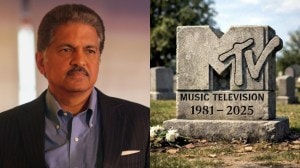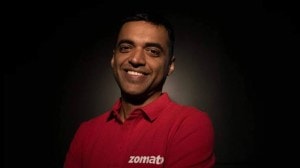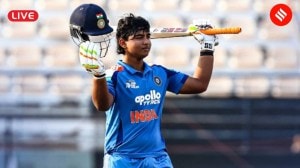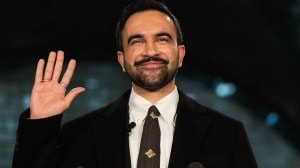Lawyers146; fees
The public image of lawyers is far from flattering. The main reason is the savage fees charged by some lawyers for getting adjournments, arg...

The public image of lawyers is far from flattering. The main reason is the savage fees charged by some lawyers for getting adjournments, arguing bail applications and, in some cases, substantially increasing fees in a part heard case. An eminent senior lawyer sent his memo of fees for a matter in which he failed to appear. When the clients objected, he retorted: 8216;8216;Do you think I charge fees only for appearance. This is my fee for disappearance.8217;8217; The client did not find that humorous.
The problem of lawyers8217; fees is ancient, persistent and almost universal. Anyone who attempts to limit lawyers8217; fees incurs the wrath of the profession, as Sir Edward West, the last Recorder and the first Chief Justice of Supreme Court at Bombay, found to his cost in the year 1823. The Advocate General to the Government of Bombay, Norton, introduced a scale of fees which was, on an average, seven times more than the fees usually received in England. Norton, with two other barristers, made such extravagant demands for fees that a lawsuit in which they were engaged could not proceed.
A solicitor, Ayrton, appealed to the judge for redress against what he considered extortion. Sir Edward West decided against the barristers, and directed that any fees charged beyond those usually paid in England should be refunded. The barristers were furious. A memorial was presented to the judge in which the ruling was condemned and libelous accusations were leveled. Sir Edward conducted an inquiry and ruled that on account of this insult offered to the Court, the barristers be suspended for six months, and that in the meantime attorneys be allowed to practice as advocates. A brave judge indeed.
True, lawyers do not live on love and fresh air. But surely there is a difference between charging substantial fees in heavy cases and extortionate fees. Probably, complaints about lawyers8217; fees are exaggerated. The best course would be for lawyers to disclose the fees they have charged and the mode of payment. We are living in an age of freedom of information and no right-thinking lawyer would oppose the public8217;s Right to Know so often invoked by them in courts. Unless prompt steps are taken in earnest to redeem the image of the profession the ominous exhortation of Shakespeare, 8216;8216;the first thing we shall do is to kill all the lawyers,8217;8217; may be carried out.
Remembering great musicians
The last of the titans of jazz, clarinetist Artie Shaw, departed last month, at the age of 94. In my college days, I grew up with the music of Benny Goodman and Artie Shaw. Benny8217;s mellifluous tone was inimitable. Artie8217;s technique and fluency on the clarinet were unrivalled. He could hit the high C effortlessly as he does in his brilliant Concerto for Clarinet. As a struggling amateur clarinetist, my devotion was divided between Shaw and Goodman.
Shaw8217;s music so defined its period that Time magazine wrote that on the verge of World War II, the Germans8217; view of the United States was 8216;8216;skyscrapers, Clark Gable and Artie Shaw8217;8217;. Artie was exceedingly handsome and his eight unsuccessful marriages included Lara Turner, Ava Gardner and the author Kathleen Winsor. He quit the music business in 1954, fed up with 8216;8216;the vulgar commercial racket8217;8217; which it had become. Artie had an intellectual bent of mind and took to writing books which included his autobiography, The Trouble with Cinderella. Artie Shaw was a unique musician who enthralled millions and I was one of them.
Rudy Cotton was undoubtedly one of India8217;s greatest jazz musicians. Born of a Parsi Zoroastrian father, his real name was Cawas Khatau. Some of the best music Rudy made was with his band at Hackman8217;s in Mussoorie during World War II. In 1953 an impromptu jam session was arranged in Chembur, then a quiet, undeveloped part of Bombay unravaged by the builders. It was an unforgettable musical experience. Rudy8217;s performance was a tour de force. His tone and phrasing on the tenor saxophone were remarkably close to that of Lester Young Pres and his solos could be easily mistaken for those of Pres.
One striking quality about Rudy was his concern for other musicians. If he asked for a favour, it was not for him but for helping another fellow musician in trouble, usually with his landlord or with the hotel management. Rudy had a mischievous sense of humour and a repertoire of jokes for all occasions and for persons of different ages and backgrounds. Rudy suddenly passed away on January 17, 1985 in his small Jangpura room at night. Jazz India Delhi has organised a Rudy Cotton Memorial Concert on 28, January 2005 at Kamani at 6:30 pm. Some of his surviving musician friends including Braz Gonsalves from Bombay will be performing as an affectionate tribute to Rudy8217;s memory.
- 01
- 02
- 03
- 04
- 05































